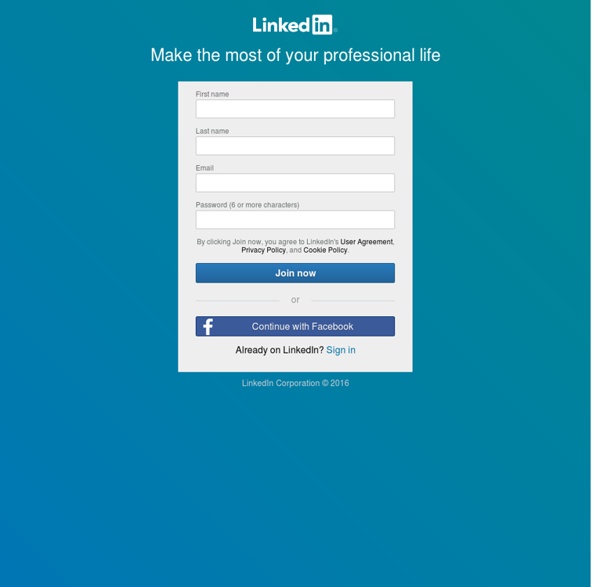



Millennials Come of Age as America's Most Stressed Generation Words of Wisdom: 8 Famous Quotes to Help You Embrace Fear and Achieve Success How Great Leaders Communicate Complexity is Here and it’s Time to Get on Board Efficiency is the bugbear of modern organizations. Our culture—particularly our business culture is steeped in industrial-age metaphors of assembly lines, and economies of scale. We are continually looking for how to do things faster and cheaper, with the assumption that what follows is a better—read “more profitable”—organization. We work hard to simplify and hone our human systems to a machine-like efficiency, so we can be the envy of neighbors and the crusher of competition. In the industrial age the focus on eking every last bit of productivity from humans usually had a heartbreaking cost to the people doing the work—but was beneficial to the bottom line. In the information age the playing field is entirely different. We aren’t building machines or buildings anymore, we are building complex systems. When I say complex I mean something very specific. Your Business is a System What is your business made of? Repeatable tasks we are pretty quick to delegate to machines. The Way Forward
How to Turn Your Weaknesses Into Strengths Dr. Deming’s “Role of a Manager of People” Dr. W. Edwards Deming ‘s last book was The New Economics for Industry, Government, Education . How does a leader accomplish transformation? The leader has a theory and “understands why the transformation would bring to his organization and to all the people that is organization deals with.” Deming writes about the balance between head and heart, that the “head is not enough.” The first point about understanding WHY is familiar to those who have read the Toyota Production System literature. I like how Deming emphasizes the understanding of benefits to ALL the “organization deals with.” In Chapter 6, Deming writes about the “role of a manager of people” in an organizational transformation effort. A manager understands and conveys to his people the meaning of a system. Point #7 reminds me of the Toyota expressed, shared by Gary Convis , John Shook , and others that states “ lead as if you have no authority .” Point #5 has also been taught to me as “be a coach, not a cop.” .
7 Ways to Manage Email So It Doesn't Manage You Leading in Chaos – Six Essentials to Stay Focused & Enable Success Can you imagine anything more disconcerting than driving at 100 mph in a thick fog – with the radio blaring, cell phone ringing, and the kids in the back seat asking, “Are we there yet?” Yet, isn’t that what it is like operating in business today? The fog is thick, the pace is rapid, and the distractions are constant. Perhaps our military leaders can offer some ideas. Much of what we thought about organizational management is grounded in the “Command & Control” world, a paradigm that just doesn’t fit in today’s VUCA scenario. Places like Afghanistan and Iraq have been humbling to those leaders who were fixated on the “good old days” and could not function in this uncomfortable environment. So, with battlefields as confusing as they are, with leadership as we thought we knew it in evolution, how do leaders provide clarity of purpose and thought and drive appropriate actions? 1. What is important to us and why? 2. Where are we going? 3. 4. 5. 6. Written by Colonel Tom Magness, P.E.
Culture Code: Building A Company YOU Love The Core Beliefs of the Delightfully Successful